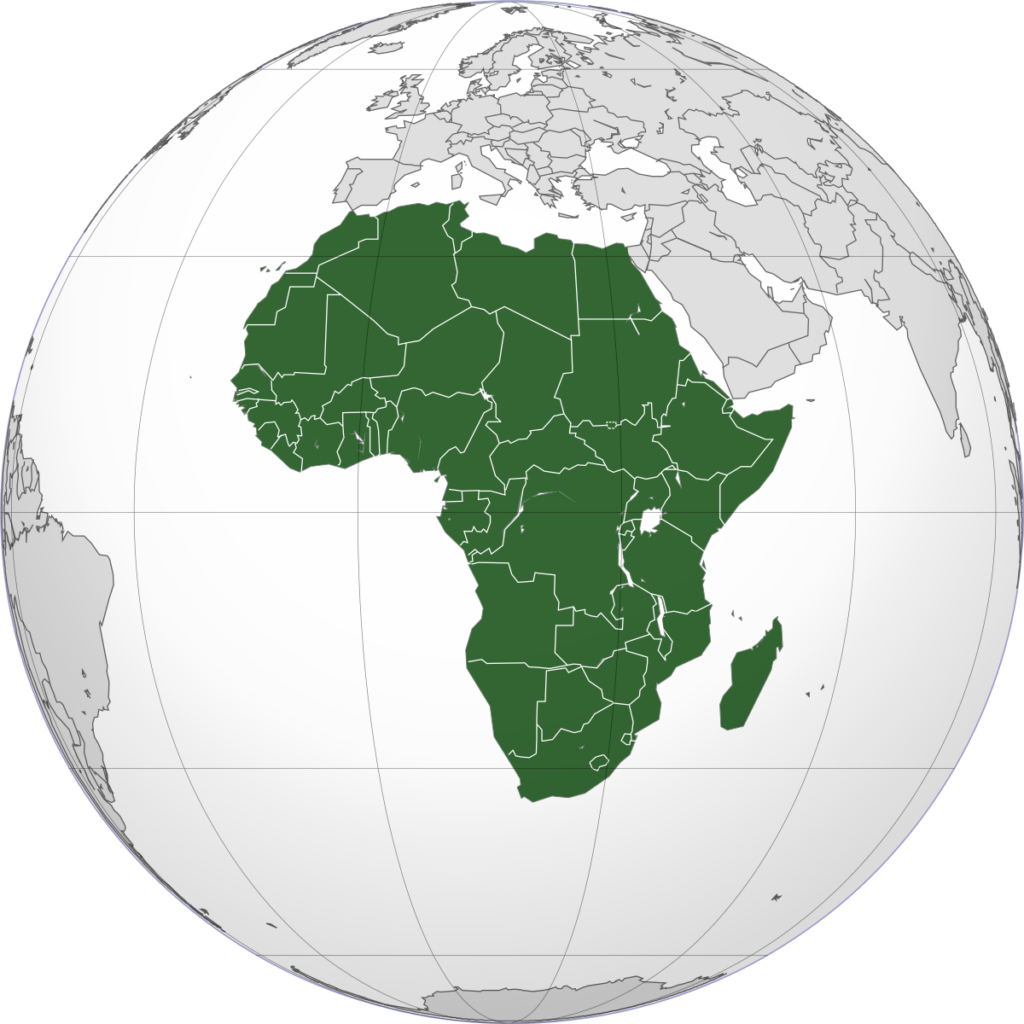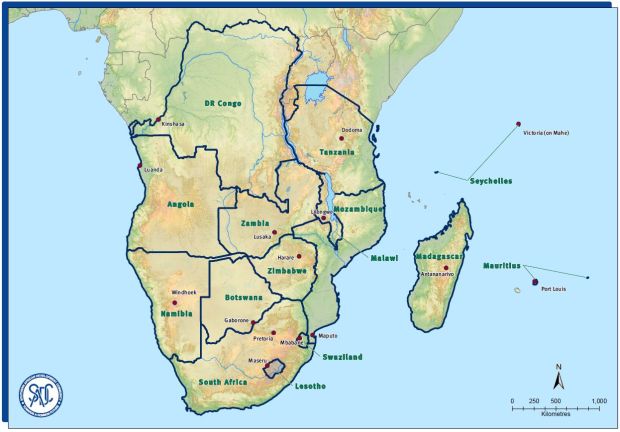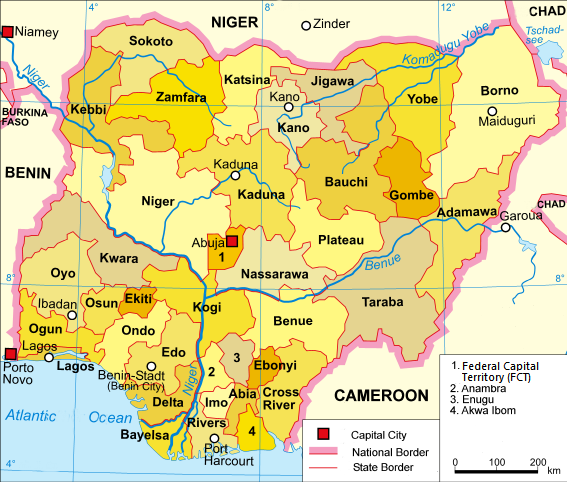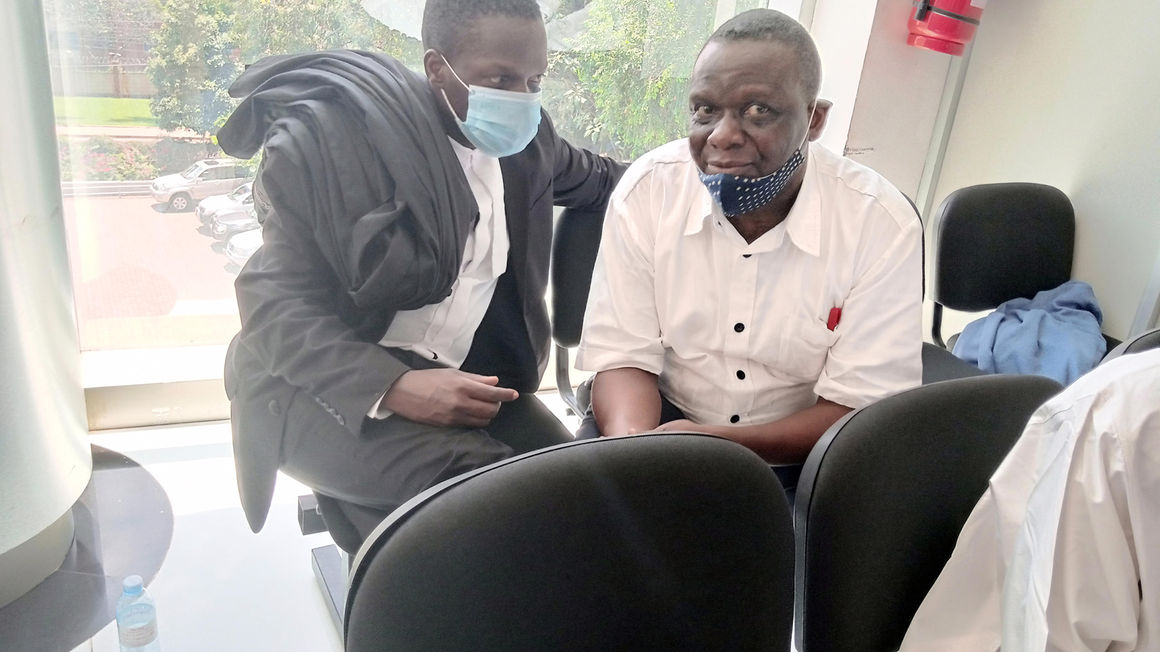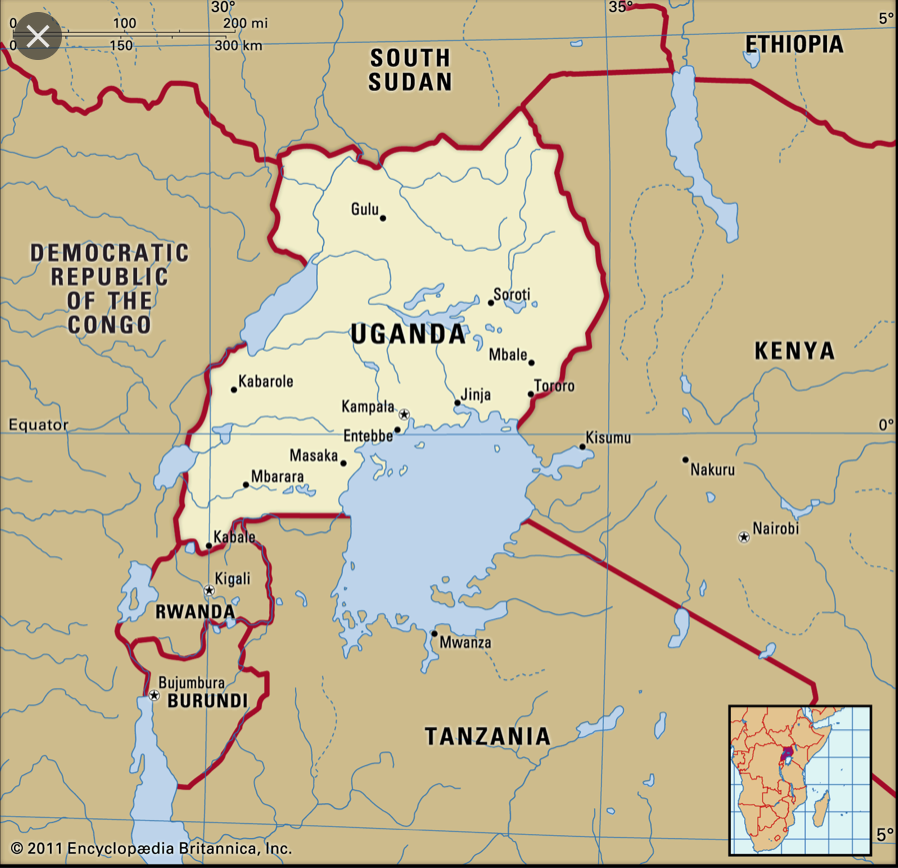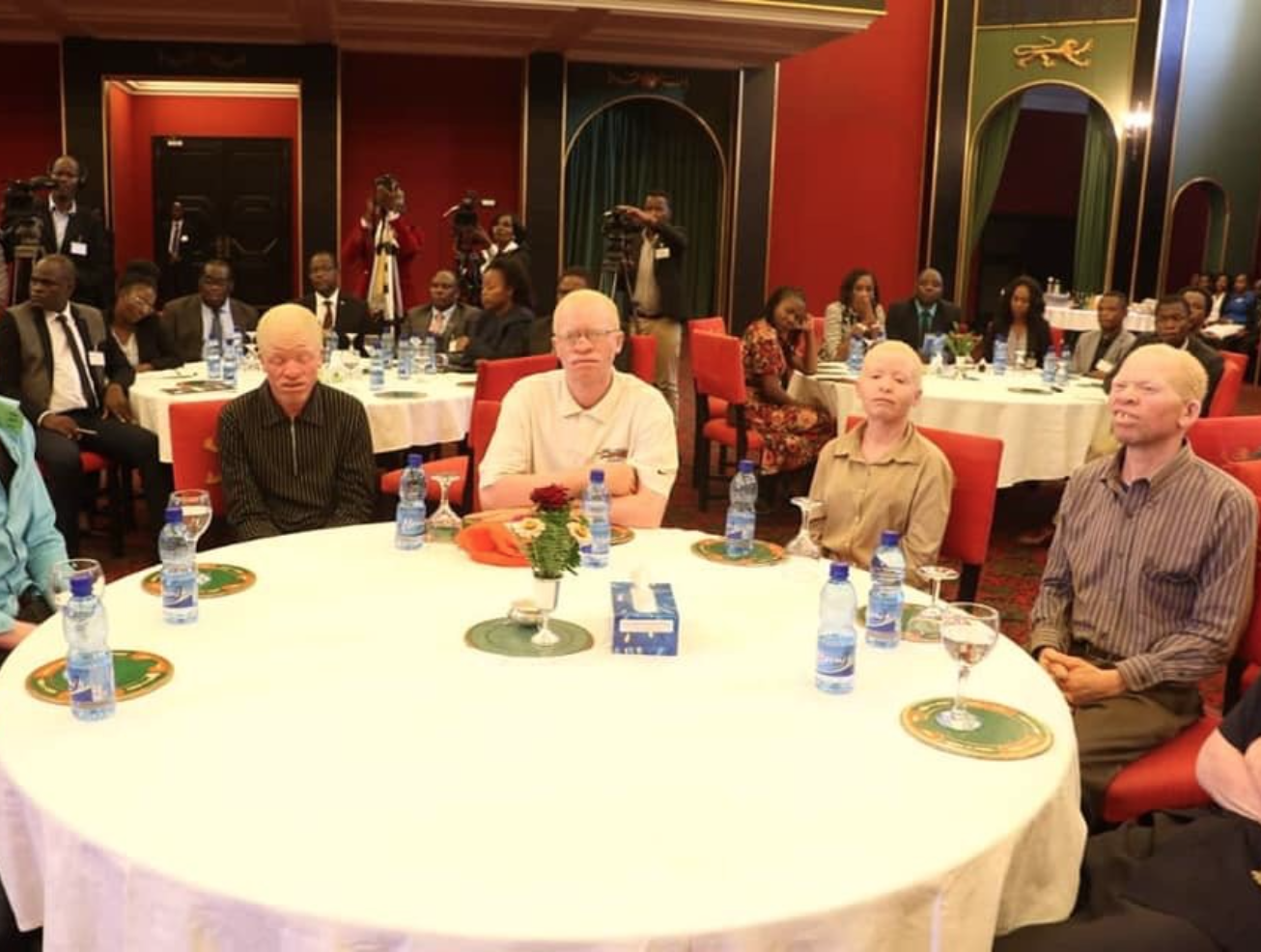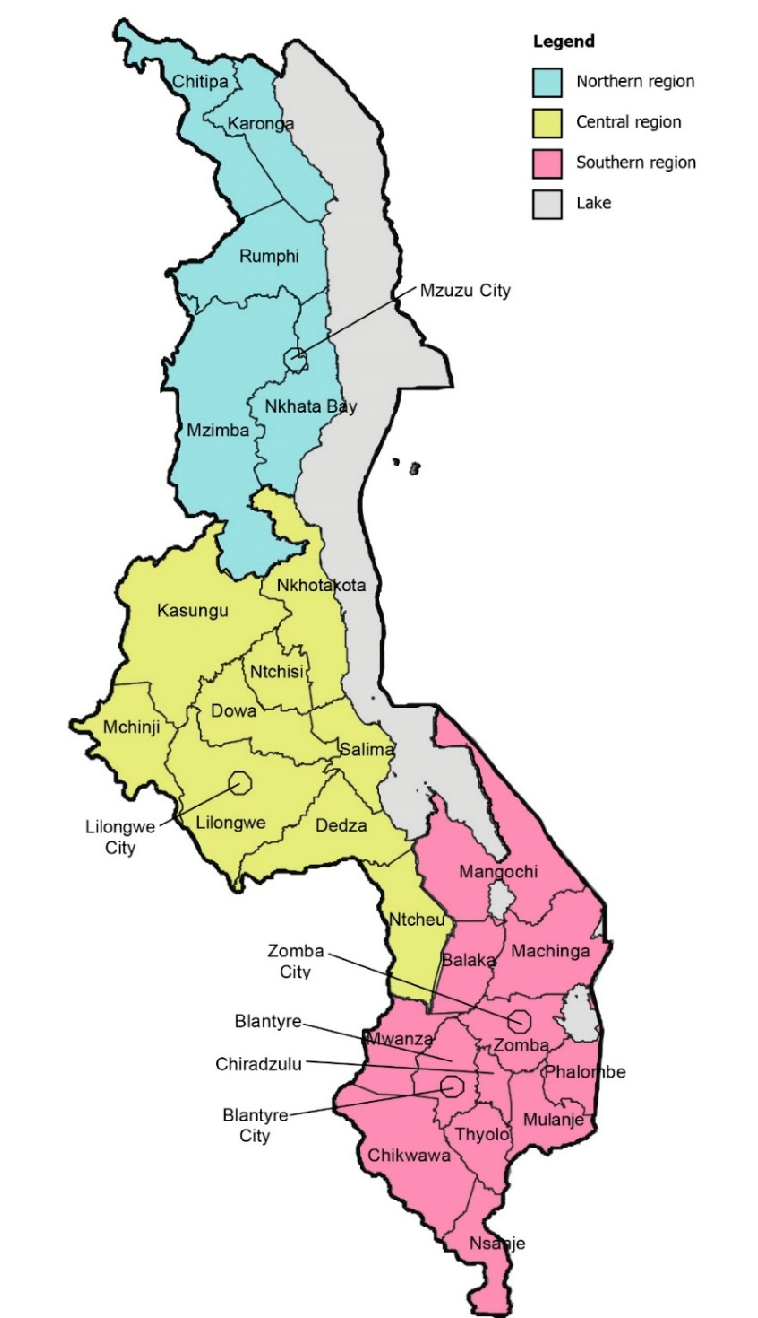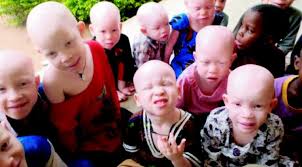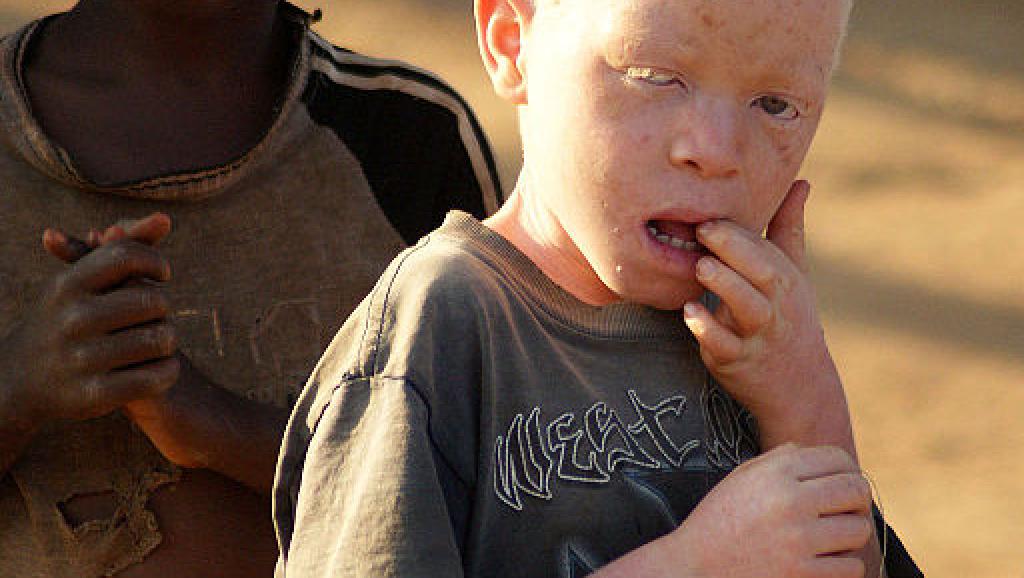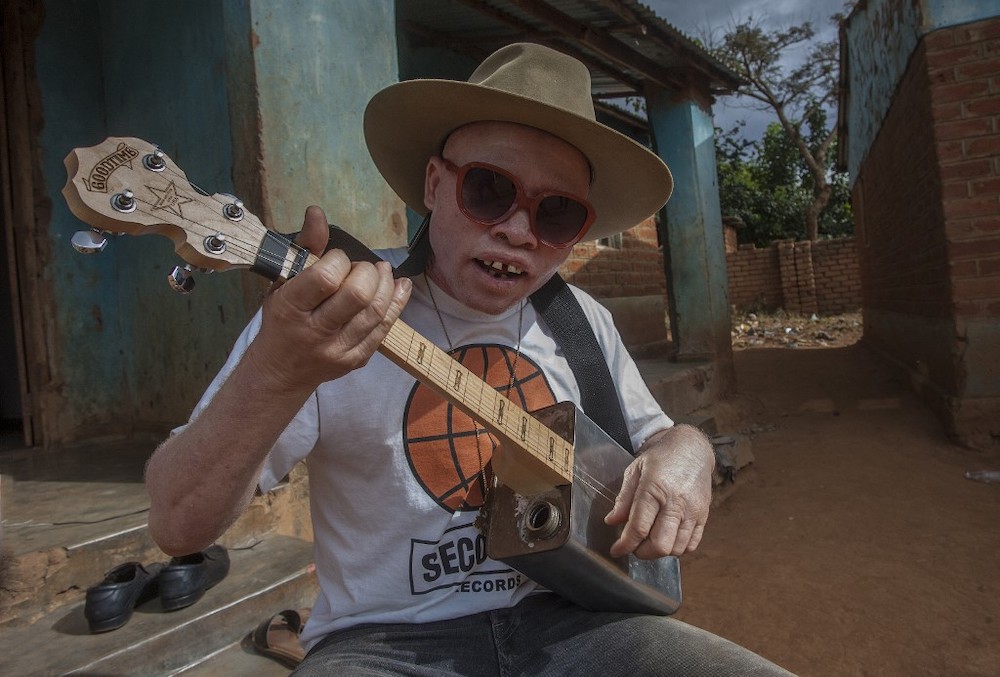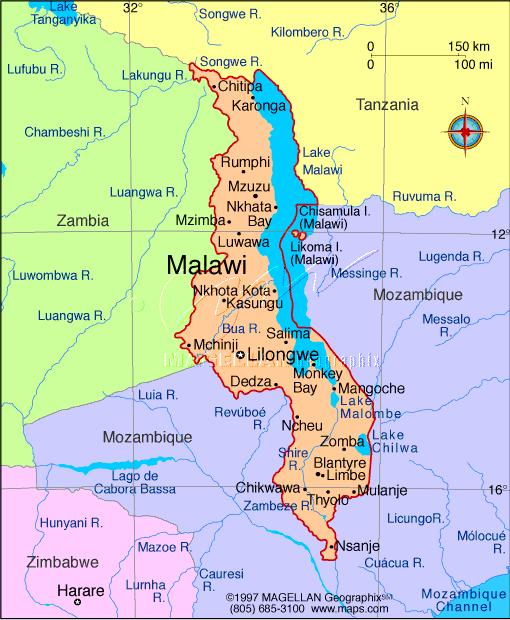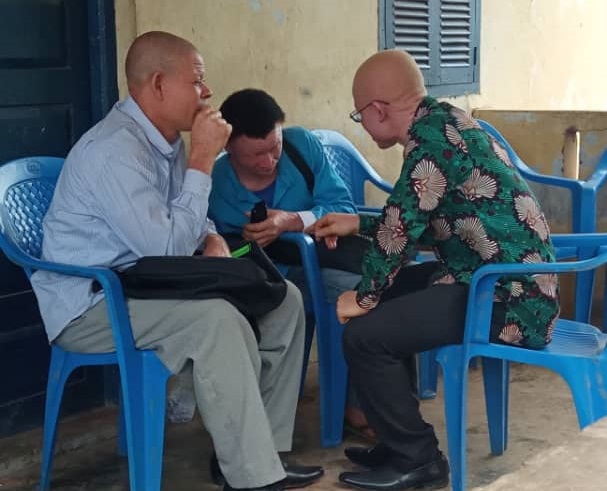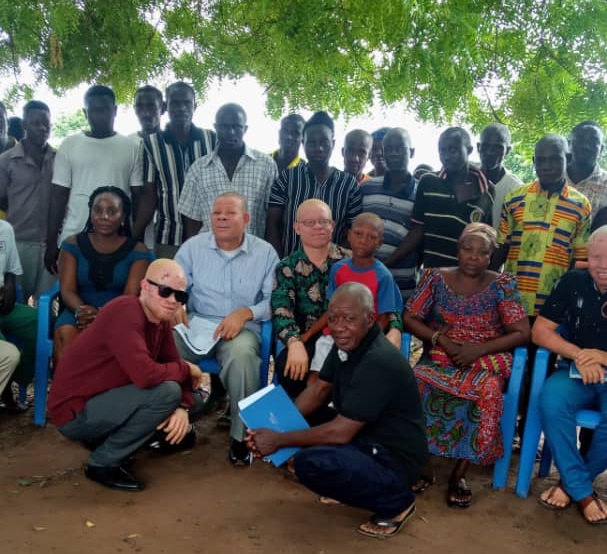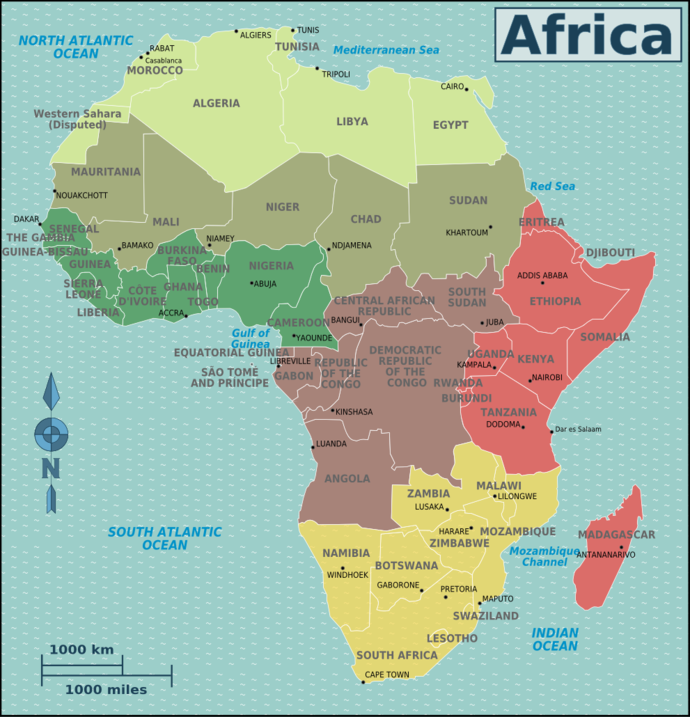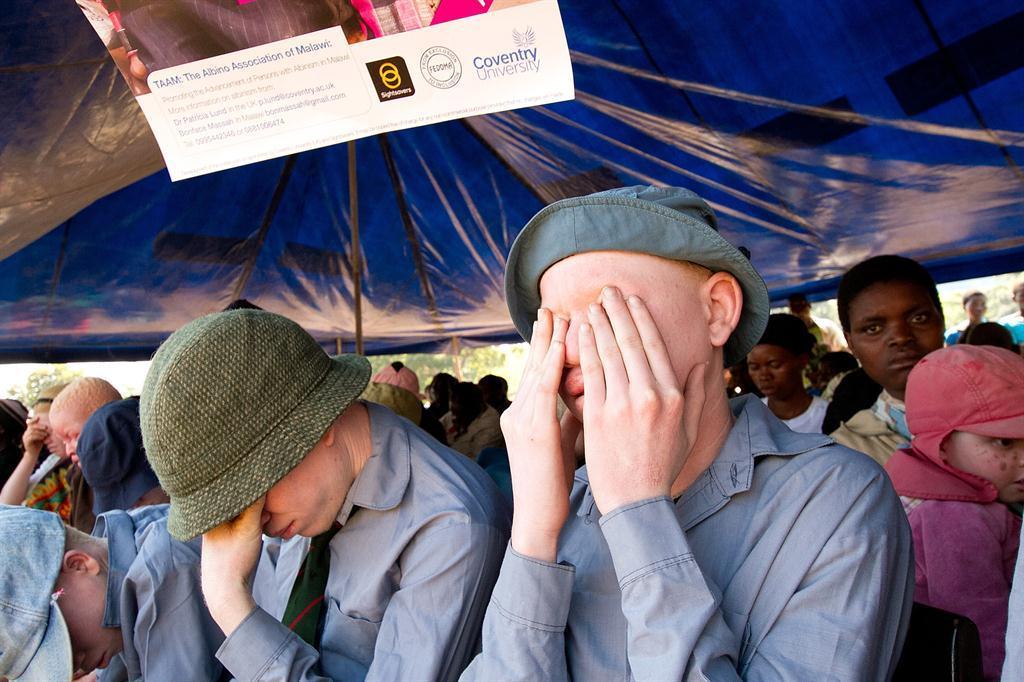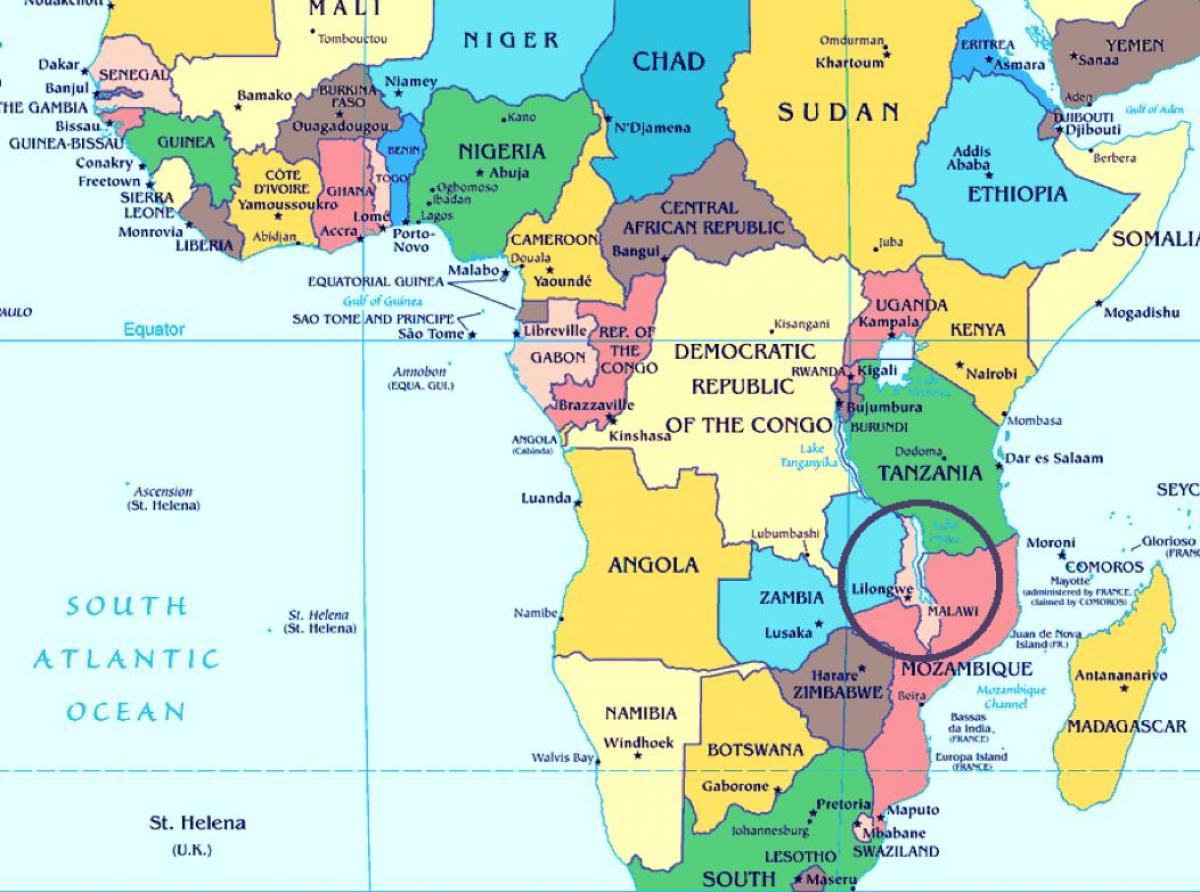The article presented below, written by the famous Nigerian human rights activist and humanist Dr. Leo Igwe, is a must-read. His manifesto is highly recommended to all readers. It is more than a reflection, it is more than a plea, it is more than a cry – for change or for understanding. As Dr. Igwe writes: “Africans must begin to think freely in order to ‘emancipate themselves from mental slavery’ and generate ideas that can ignite the flame of an African enlightenment.” And Dr. Igwe is not alone, he is not the only one who firmly believes this approach is the only way for Africa and Africans to move forward – as can be concluded from the list of African endorsers and other endorsers from around the world, presented at the end of his article.
Enough words written to recommend a piece that you shouldn’t miss! Enjoy the reading, and … spread the word!
PS Unfortunately, a few links in the original article are broken and/or not working properly (webmaster FVDK).
A Manifesto for a Skeptical Africa
What are the prospects for a more secular Africa, more skeptical Africa, more scientific Africa, i.e., a more humanistic Africa?
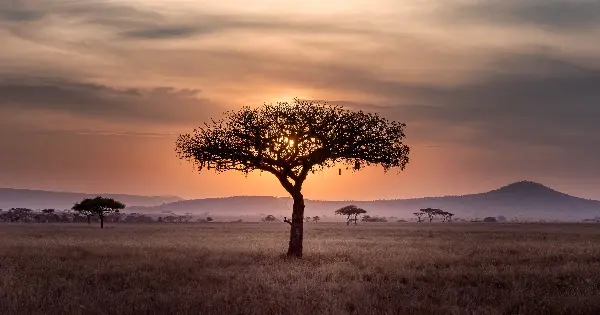
Published: December 2, 2023
Written By: Dr. Leo Igwe – Publshed By: Scott Douglas Jacobsen
For too long, African societies have been identified as superstitious, consisting of people who cannot question, reason or think critically. Dogma and blind faith in superstition, divinity and tradition are said to be the mainstay of popular thought and culture. African science is often equated with witchcraft and the occult; African philosophy with magical thinking, myth-making and mysticism, African religion with stone-age spiritual abracadabra, African medicine with folk therapies often involving pseudoscientific concoctions inspired by magical thinking. Science, critical thinking and technological intelligence are portrayed as Western — as opposed to universal — values, and as alien to Africa and to the African mindset. An African who thinks critically or seeks evidence and demands proofs for extraordinary claims is accused of taking a “white” or Western approach. An African questioning local superstitions and traditions is portrayed as having abandoned or betrayed the essence of African identity. Skepticism and rationalism are regarded as Western, un-African, philosophies. Although there is a risk of overgeneralizing, there are clear indicators that the continent is still socially, politically and culturally trapped by undue credulity.
Many irrational beliefs exist and hold sway across the region. These are beliefs informed by fear and ignorance, misrepresentations of nature and how nature works. These misconceptions are often instrumental in causing many absurd incidents, harmful traditional practices and atrocious acts. For instance, not too long ago, the police in Nigeria arrested a ‘robber’ goat which they said was a thief who suddenly turned to a goat. A Nigerian woman was reported to have given birth to a horse. In Zambia, a local school closed temporarily due to fears of witchcraft. In Uganda, there are claims of demonic attacks in schools across the country. Persecution and murder of alleged witches continue in many parts of the continent. Many Africans still believe that their suffering and misfortune are caused by witchcraft and magic. In Malawi, belief in witchcraft is widespread. Ritual killing and sacrifice of albinos and other persons with disabilities take place in many communities, and are motivated by paranormal belief. Across Africa people still believe in the potency and efficacy of juju and magic charms. Faith-based abuses are perpetrated with impunity. Jihadists, witch-hunters and other militants are killing, maiming and destroying lives and property. Other-worldly visions and dogmatic attitudes about the supernatural continue to corrupt and hamper attempts by Africans to improve their lives. Even with the continent’s ubiquitous religiosity, many African states are to be found at the bottom of the Human Development Index and on the top of the poverty, mortality and morbidity indices.
Recently Africa was polled as the most devout region in the world, and this includes deep devotion to the continent’s various harmful superstitions. Devoutness and underdevelopment, poverty, misery and superstition co-exist and co-relate. It should be said that the dominant religious faiths in the region are faiths alien to the continent. That means African Christians are more devout than Europeans whose missionaries brought Christianity to Africa. African Muslims are more devout than Muslims in the Middle East, whose jihadists and clerics introduced Islam to the region.
Meanwhile, whatever good these foreign belief systems may have brought to or done in Africa can only be unfavorably compared to the damage and darkness they have caused and are still causing in the region. Some paranormal or supernatural claims of the two main religions of Christianity and Islam are part of the factors holding Africans hostage. Most Africans cannot think freely or express their doubts openly because these religions have placed a huge price on freethinking and critical inquiry. Because these belief systems rely on paranormal claims themselves, Africans feel they cannot speak out against superstition as a whole, or they will be ostracized or even killed by religious zealots. Belief in demonic possession, faith healing, and the “restorative” power of holy water can have deadly consequences for believers and whole communities. Africans must reject superstitious indoctrination and dogmatization in public institutions. Africans need to adopt this cultural motto: Dare to think. Dare to doubt. Dare to question everything in spite of what the superstitious around you teach and preach.
Africans must begin to think freely in order to ‘emancipate themselves from mental slavery’ and generate ideas that can ignite the flame of an African enlightenment.
The two dominant religions have fantastic rewards for those who cannot think, the intellectually conforming, unquestioning and obedient, even those who kill or are killed furthering their dogmas. They need to be told that the skeptical goods — the liberating promises of skeptical rationality — are by far more befitting and more beneficent to Africans than imaginary rewards either in the here and now or in the hereafter. Today the African continent has become the new battleground for the forces of a dark age. And we have to dislodge and defeat these forces if Africa is to emerge, grow, develop and flourish. To some people, the African predicament appears hopeless. The continent seems to be condemned, doomed and damned. Africa appears to be in a fix, showing no signs of change, transformation and progress. An African enlightenment sounds like a pipe dream.
But I do not think this is the case — an African Age of Reason can be on the horizon! The fact is that there are many Africans who reason well and think critically. There are Africans who are skeptics and rationalists1. But active African skeptics are too few and far apart to form the critical mass the continent needs to experience a Skeptical Spring. Nonetheless, the momentum is building slowly and steadily. And one can say that an African skeptical awakening is in sight. As it is said: the darkest part of the night precedes the dawn. So there is no need to despair for humanity in Africa. There is every reason to be optimistic and hopeful. After all, Europe went through a very dark period in its history, in fact, a darker and more horrible phase than that which Africa is currently undergoing. Still the European continent survived to experience Enlightenment and modern civilization. Who ever thought that the Arab Spring would happen in our lifetime? So, African enlightenment can happen sooner than we expected. But it will not happen as a miracle. African enlightenment will not fall like manna from heaven. It requires — and will continue to require — hard work, efforts, sacrifice, courage and struggle by Africans and other friends who are committed to the values of enlightenment. In Europe, skeptics spoke out against harmful superstition, and unfounded dogma and caused the dawn of a new awakening. African skeptics need to speak out against the forces of dogma, irrationalism and superstition ravaging the continent. Skeptics need to organize and mobilize — online and offline — to further the cause of reason, science and critical thinking. They need to speak out in the media and to politicians about the harm resulting from undue credulity and challenge and confront the charlatans directly to put up or shut up. Skeptics can no longer afford to keep quiet or remain indifferent in the face of a looming dark age. They need to campaign for a reform of the educational system and encourage the teaching of critical thinking in schools.
Many charlatans operate out there in their communities. They ‘mine’ popular fears and anxieties, exploiting desperate, misinformed folks. We need to expose them and free our people from their bondage. African skeptics cannot remain passive and inactive and expect skeptical rationality to thrive and flourish or expect the forces of dogma and superstition to simply disappear. The situation requires active engagement by committed skeptics. That was how the much-talked-about skeptical tradition in the Western world was established and is sustained.
That is how we are going to build and leave a skeptical legacy for Africa.
This is a call to duty to all African skeptics in Africa and in the diaspora. History has thrust on us this critical responsibility which we must fulfill. Let us therefore marshal our will to doubt, to advance skepticism in the interest of Africa. Let us marshall other intellectual resources and cause this new dawn — this skeptical awakening to happen early in this 21st century.
African skeptics arise.
1 Skeptical and rationalist groups are gaining ground in Africa. Here are a few worth supporting:
- Free Society Institute (South Africa)
- Freethinkers Initiative Kenya
- Freethought Kampala
- Gambia Secular Assembly
- Humanist Association for Leadership, Equity and Accountability
- Kasese United Humanist Association
- Kenyan Free Thinkers
- Nigerian Humanist Movement
- Secular Humanism Malawi
African Endorsers
George Thindwa, Executive Director, Association for Secular Humanism, Malawi
Mandla Ntshakala, Activist, Swaziland
Jacques Rousseau, Lecturer, University of Cape Town, South Africa
Ebou Sohna, Gambia Secular Assembly, Gambia
Graham Knight, Humanist Association of Ghana, Accra Ghana
Olajide Akeredolu MD, Lagos, Nigeria
Jes Petersen, Director, Springboard Humanism, Botswana
Wilfred Makayi, Humanist Activist, Zambia
James Ibor, Attorney, Basic Rights Counsel, Calabar, Nigeria
Robert Bwambale, Founder & Executive Director, Kasese United Humanist Association,
Uganda
Kato Mukasa, HALEA, Kampala, Uganda
Other Endorsers from Around The World
James Randi, Founder, James Randi Educational Foundation, USA
Michael Shermer, Executive Director, Skeptics Society, USA
Steven Pinker, Professor of Psychology, Harvard University, USA
D.J. Grothe, President, James Randi Educational Foundation, USA
Paul Kurtz, Founder, Institute for Science and Human Values, USA
Toni Van Pelt, Policy Director, Institute for Science and Human Values
Hemant Mehta, Blogger, Friendly Atheist
Susan Sackett, Writer and Vice President of the International Humanist and Ethical Union, USA
Sonja Eggerickx President, International Humanist and Ethical Union (IHEU), Belgium
Josh Kutchinsky, founder and co-moderator Hummay, International Humanists
Support egroup
Ophelia Benson, Author and Blogger, USA
Guy P. Harrison, Writer, USA
Ike Francis, Human Rights Activist, USA
Lorann Sims-Nsimba, Africa Awake Freethought Alliance, USA
Matt Cherry, International Representative, International Humanist and Ethical Union (IHEU)
Bob Churchill – International Humanist and Ethical Union (IHEU), UK
Norm Allen, International Outreach Director, Institute for Science and Human Values, USA
Dr Bill Cooke, Director of International Programs for the Center for Inquiry, USA
Canberra Skeptics Inc, Australia
Australian Skeptics (Victorian Branch)
John Perkins, The Secular Party of Australia
More signatories to be added in the future.
Source: A Manifesto for a Skeptical Africa
